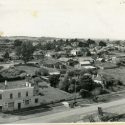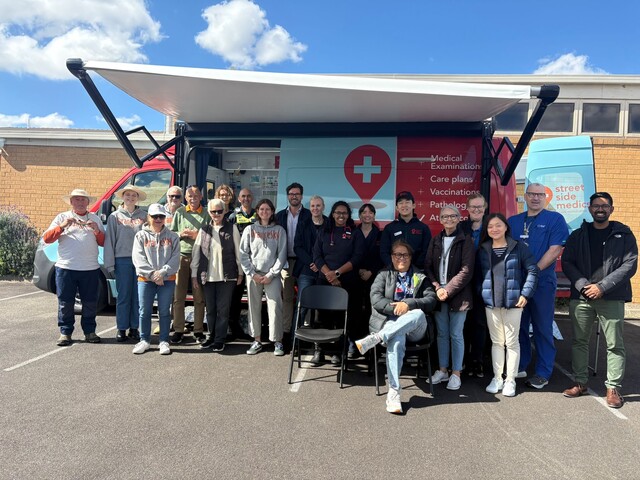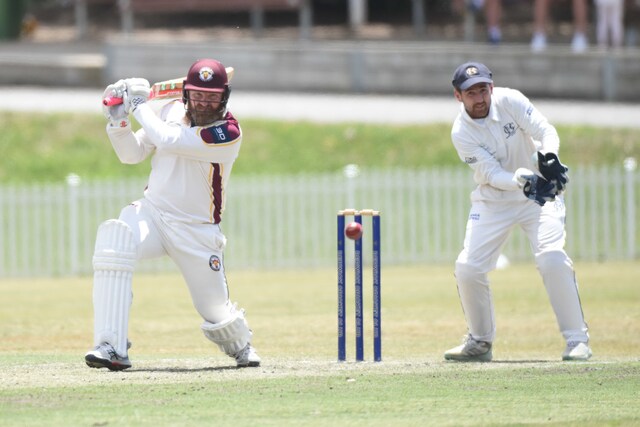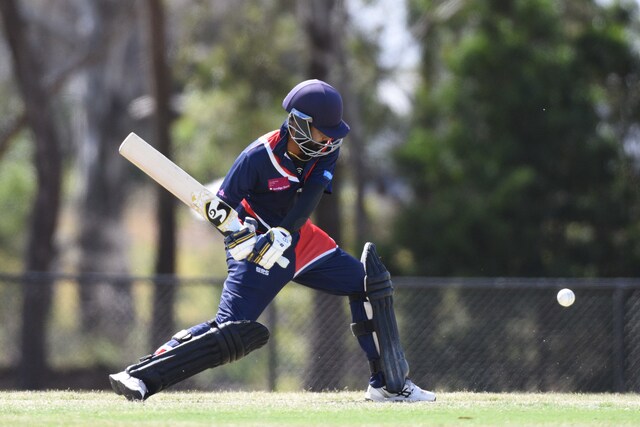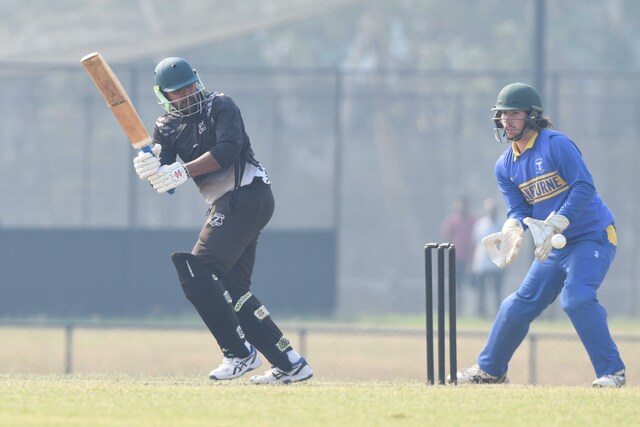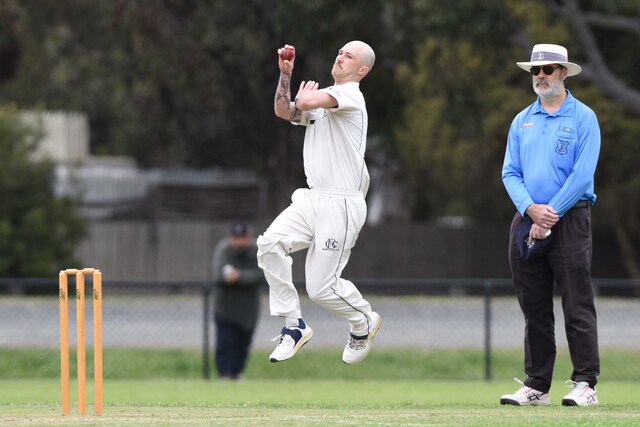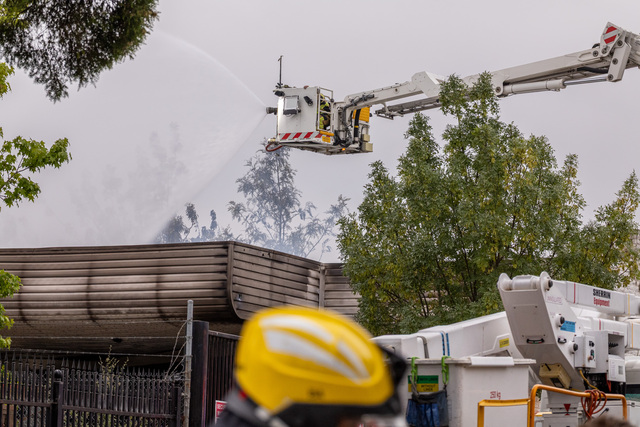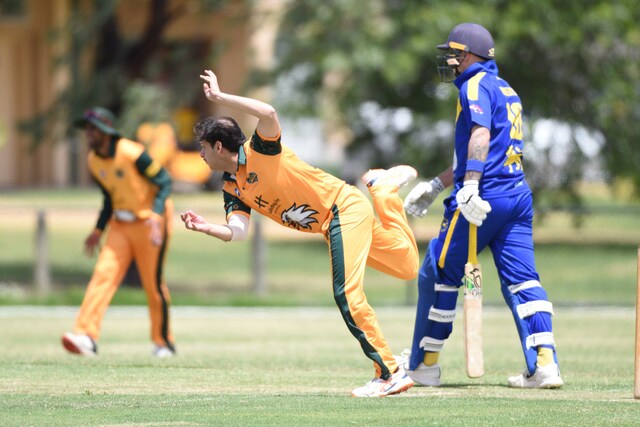CARMEN POWELL is a life member of the Dandenong and District Historical Society. In the special souvenir Then and Now edition of the Journal Carmen wrote about her childhood memories of growing up in Dandenong. This week she continues the story of her father Alf Cruickshank and Uncle George who were the town’s fuel and wood merchants.
After their meal break Dad and Uncle George would change into other older clothes and would then spend long hours bagging briquettes from the huge rail trucks in the Dandenong Station yards or go to their wood yard, cut blocks of wood into manageable logs and load the truck for the day’s wood and briquette deliveries.
Of course it was all loaded and unloaded by hand.
The truck had a fixed tray, not a tipper, there were no forklifts back then. They would hop up onto the tray, hump a bag of briquettes to the edge, jump down, and throw a doubled-over empty hessian bag onto their back to soften the pointed edges, pull the bag onto their back and carry it to the shed in the customer’s backyard, collecting empty bags as they went.
Whether it was the ice round, the wood or briquette deliveries, those two worked hard physically from early morning to late afternoon.
I don’t know how they got their orders before they had the phone installed at Uncle George’s home. I guess people called at the yard or went up the street to the Walker Street house.
On their land there was an ancient open shelter that leaned precariously to one side. Under this were housed the bagged briquettes and stacks of wood cut into 18-inch lengths. It was also an area for the men to work out of the rain.
Holding up the rusted corrugated iron roof were huge tree trunks, each leaning at their own drunken angle. How it never blew over is a mystery.
Dad and the others worked beneath this suicidal shelter splitting and stacking wood and as a kid I worried that it would fall on them. Only once did I summon the courage to walk beneath it and I was relieved to make it through alive.
An earthen driveway cut diagonally through the block enabled you to go in on McCrae Street, load up, and drive out on Walker Street.
Each load of wood and briquettes had to be loaded and unloaded by hand. There was an old tumble down post and wire fence around the block and high grass growing wherever there were no wood piles. Snakes were always a possibility.
I was very proud of them both. I didn’t feel this was a humble occupation. This was my Dad, and I adored him.
A clear picture in my mind is Dad arriving home in the summer wearing his black work singlet.
When he took it off in the laundry his body was white and freckled in the shape of a singlet but his face, neck and arms were as black as coal dust. His bloodshot eyes peered wearily through the blackness. His teeth looked white when he smiled.
Even after his bath the singlet outline remained, but the colour was then from the hours spent in the hot Australian sun.
Those two men never knew sick pay, long service leave or unions. But they did know long hours, rain, hail and burning sun.

